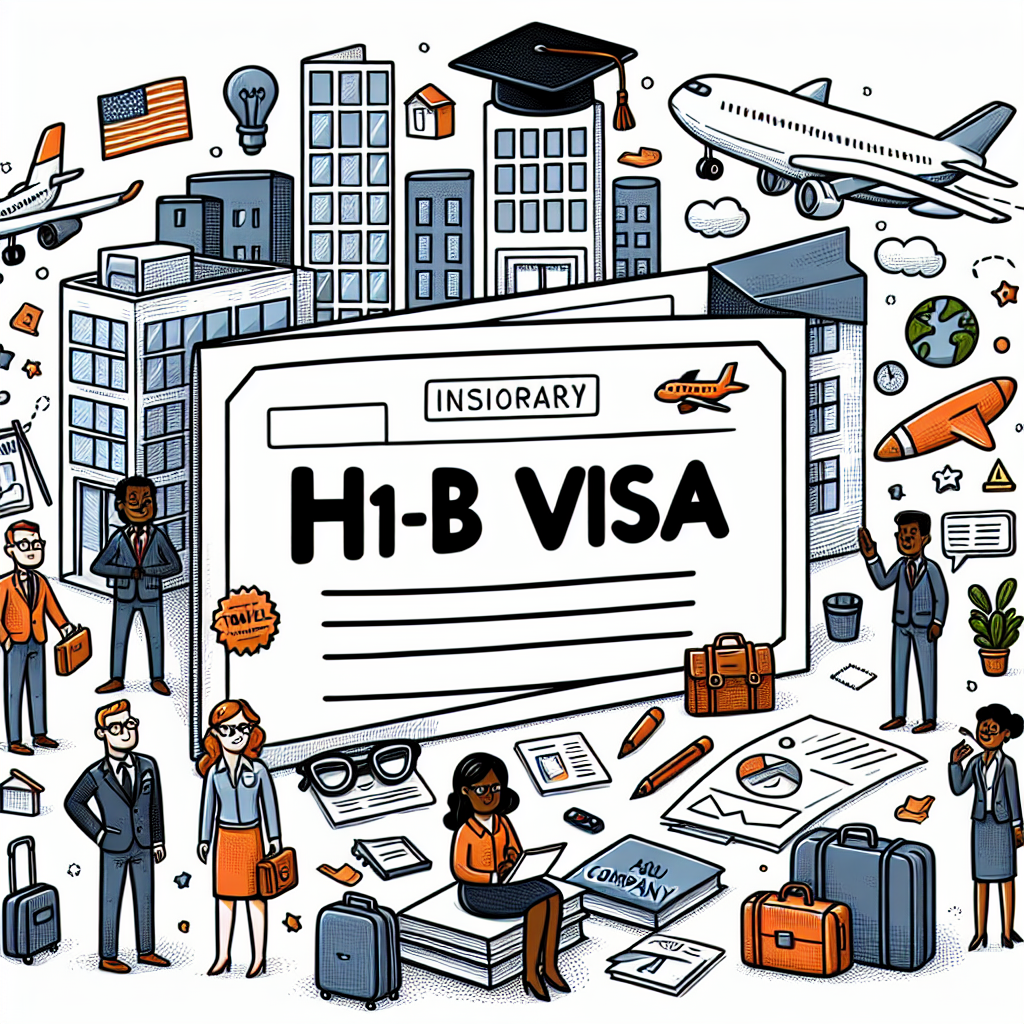
Trump's $100,000 Order on H-1B Visas: Closing the Door on Skilled Workers
The recent executive order by President Trump has raised the cost of H-1B visas to a staggering $100,000 per employee, affecting both new applications and renewals. This significant increase effectively constructs a barrier, or "wall," around the program that has long served as a vital link for skilled workers, especially from India, seeking employment in the United States.
This move signals what many are calling the end of the H-1B era as we’ve known it. With such high costs, many companies may reconsider sponsoring high-skilled foreign workers, particularly in the tech sector that has historically relied on H-1B visas. The implications for the Indian workforce are particularly severe, as a large portion of H-1B visa holders come from India. This policy could drastically limit opportunities for Indian professionals aiming to work in the U.S.
Moreover, companies that depend on these visas might face escalating costs that could lead them to reduce hiring or even relocate jobs outside the U.S. This not only impacts business operations but could stifle innovation in the tech industry. The Trump administration has positioned this decision as a necessary measure to combat "abuse" of the visa program, claiming it protects American workers. However, critics caution that such restrictions could diminish the U.S. tech industry's competitiveness and limit access to global talent that has fueled innovation in places like Silicon Valley.
This policy change marks a pivotal moment in U.S. immigration policy for high-skilled workers, creating far-reaching consequences for the Indian workforce and altering the dynamics of global talent mobility.
